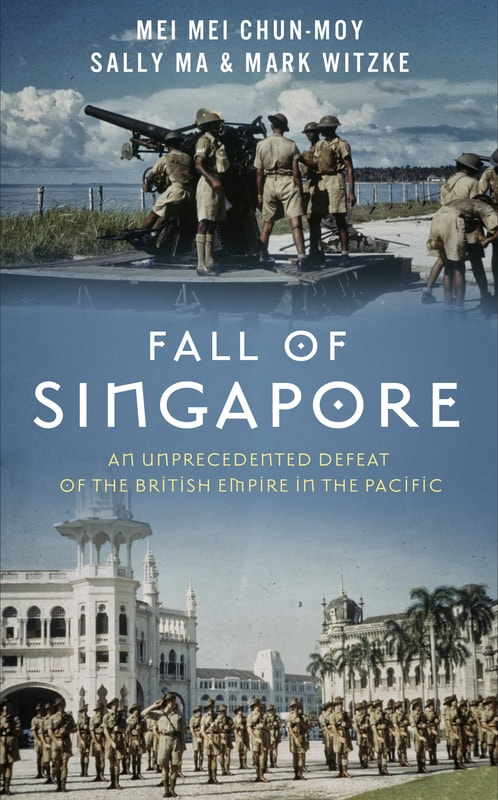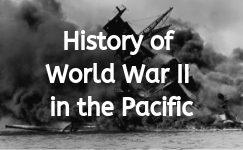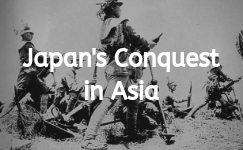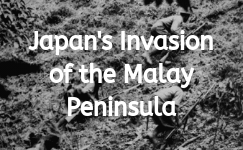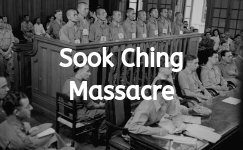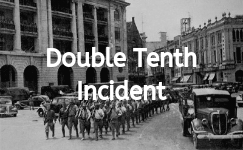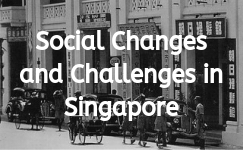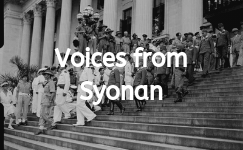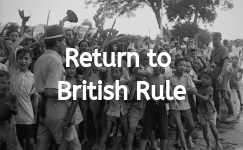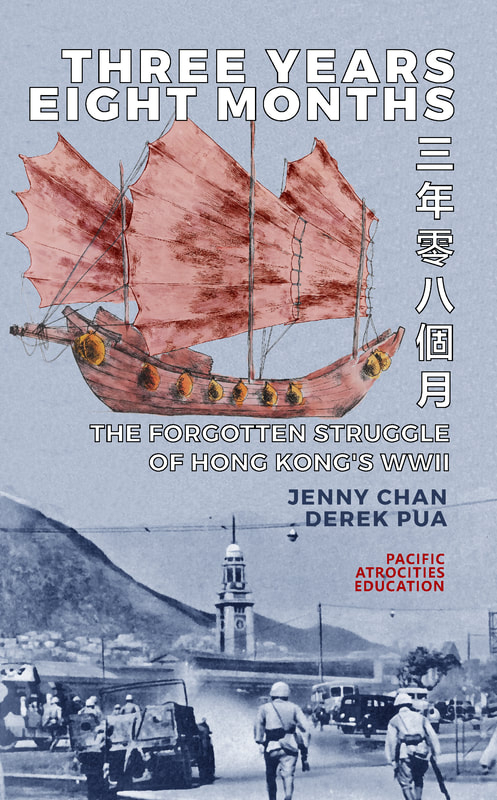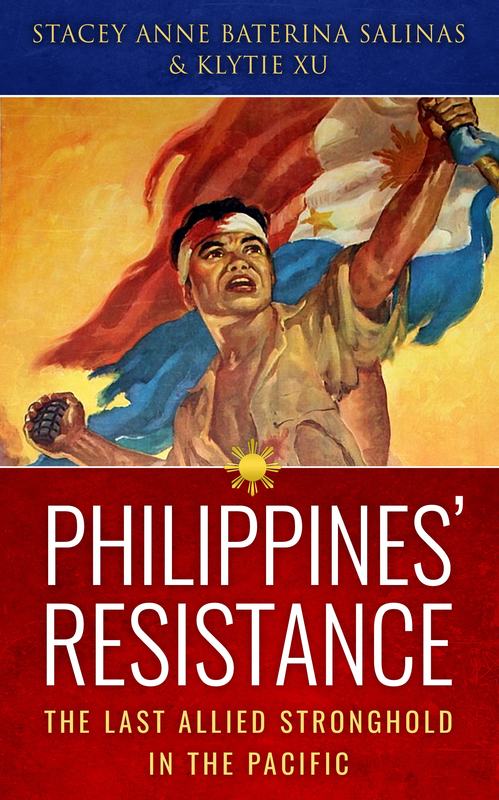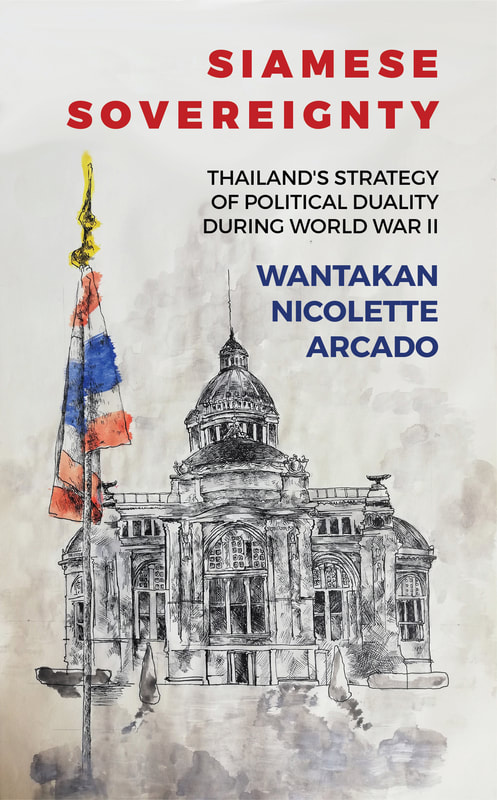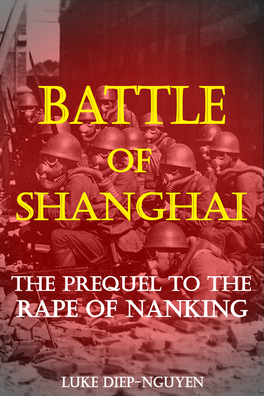Fall of Singapore: An Unprecedented Defeat of the British Empire in the Pacific
|
The fall of Singapore is the greatest defeat of the British empire in the Pacific.
On February 15, 1942, the British surrendered to the Imperial Japanese Army and handed over Singapore and surrounding Malaya countries. The conflict began on December 8, 1941 when Japanese forces bombed Singapore and continued to make their way through the treacherous Malayan jungle. British Prime Minister Winston Churchill stated during the attack, “the worst disaster and the largest capitulation in British history”. Singaporeans were immediately ordered to come in for questioning after the Imperial Japanese Army took over. During the interview, their homes were looted and destroyed by the Kempeitai, the secret Japanese police. During the occupation, there were many tragedies. An example is the Sook Ching Massacre. Sook Ching Massacre, literally meaning “purge through cleansing”, began on February 21, 1942. The mass murder of Singapore residents ages 18 to 50, was targeted at eradicating anti-Japanese sentiments. Victims of the massacre were either Chinese, suspected of being pro-Chinese, anti-Japanese, or Communist. Men and women were questioned and if found guilty, they were taken to one of Singapore’s beaches and murdered. The death toll shows less than 5,000 according to the official Japanese record, while Singaporean officials claim the number of victims was at least 50,000. |
